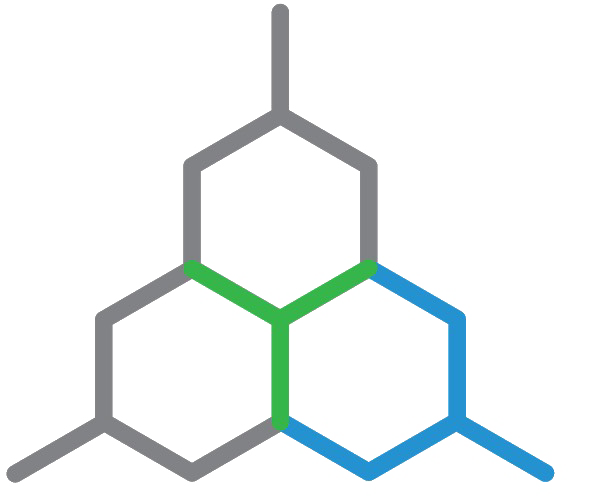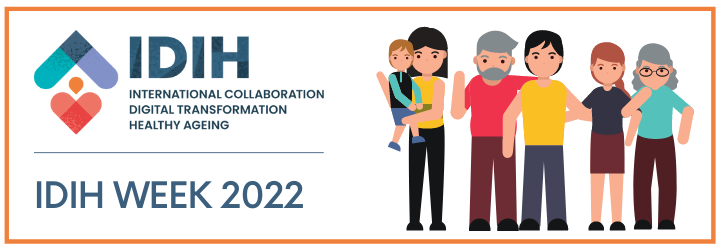IDIH Week 2022 | USA Regional Workshop Results: Interoperability by Design
In this mini-series, we will be taking a look back at the IDIH Week 2022 USA Regional Workshop, titled The Impact of COVID-19 on the Shared Priorities for International Cooperation in Active and Healthy Ageing, with a different blog post devoted to each of the three common priorities that were refined throughout the IDIH project: Interoperability by Design, Data Governance, and Digital Inclusion. Each topic will be sorted into three sub-sections: Current Status, Obstacles, and Opportunities. Today’s blog post has us exploring the workshop results for Interoperability by Design.
To read more about the background of this series, please take a look at the first blog post.
The statement for Interoperability by Design as it relates to digital health and active and health aging, created by the IDIH consortium and focus groups, is as follows: To ensure accessibility, sharing and protection of data from different sources, such as IoT wearables and sensors through the development of international standards, and procedures and incentives for producers accessible by all countries based on an interoperability-by-design approach of digital solutions for preventive and integrated care, independent and inclusive living of the older persons
Current status: The panelists parsed down the above statement into the crux of the matter, which is information blocking (or sharing) without special effort. As Iana Simeonov stated, Interoperability by Design “means being able to access the right kind of data at the right time, and to be able to use that, to actually make a difference in people's lives. … And if COVID did anything good, it was push this to the fore, so that people actually really understood how critical it was to share data. So it means having open data sets, having standards for data sharing that people really have to adhere to, and generally having a more collaborative atmosphere where we all understand that what we're trying to do is help people and not just hoard information.”
Obstacles: This idea of “hoarding” information is also where the biggest challenges are seen in order to further the progress of Interoperability by Design”. A recurring theme throughout the conversation was the idea of data being kept in siloes, for instance, as Nancy Finn mentioned, in how electronic health data is (or isn’t) shared across the US or amongst countries. As Dr. Salomon discussed, technology is meant to be a seamless experience such that interoperability is not a concept apparent to the user – the data and tech should be translatable across user groups, without, as Deven McGraw emphasizes, “special effort”. However, there are currently limited to no incentives for businesses holding this data to share, as it is currently seen as proprietary, profit-generating capital. Compounded with the data and privacy laws in the US, it becomes apparent that “this inability to exchange data is rarely actually about lack of technical standards”, but instead more about data and privacy laws, standards, and validation frameworks.
Opportunities: But, as brought up later in the conversation, there is hope – more pocket of data exchange are emerging, and the creation of TEFCA, the Trusted Exchange Framework and Common Agreement, has also been discussed positively with respect to facilitating data exchange. More people are being reached where they are, whether that be in the home, a clinical setting, or various other facilities. There is still a gap in access, as mentioned by Nancy Finn, and so there is still ample need for access, outreach, and infrastructure, so that these populations “left behind” can have the same opportunities and access to these innovations as others. Lastly, the importance of including the caregiver in these conversations was identified as critical. By educating the caregivers, they are equipped with better support and are able to then better help their patients by facilitating better understanding of their condition and resources available to them.
Please keep an eye out for the mini series’ next blog post, exploring the results of the Regional Workshop around Data Governance!
If you would like to watch the recording of the Workshop, please click on the IDIH Week banner at the top of this post, or check it out here.

